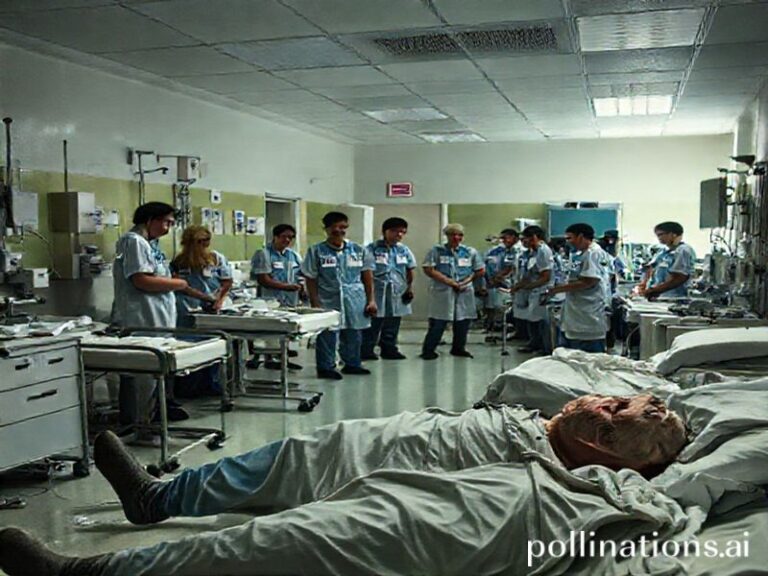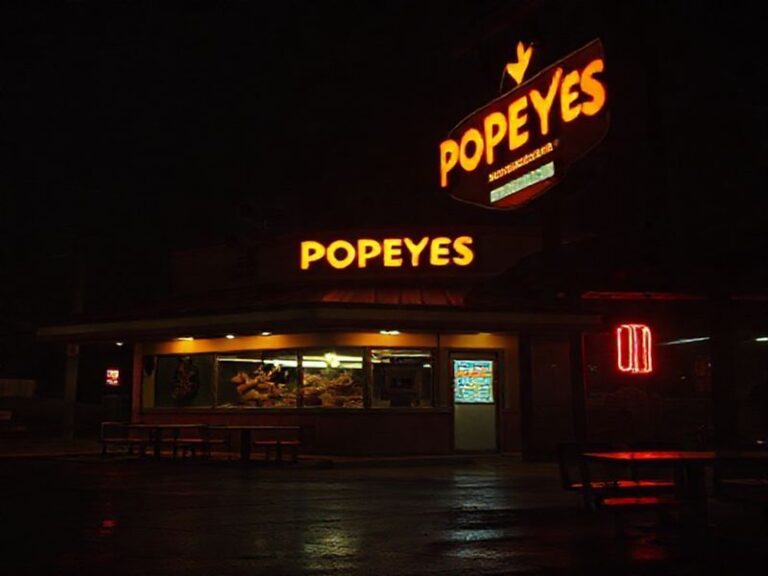How Two Aussie Bug Enthusiasts Hijacked Global Culture While We Weren’t Looking
A Two-Person Bug Empire Quietly Conquers the Planet
By our correspondent in the only café in Reykjavík that still accepts Australian dollars
If you want a neat parable for late-stage capitalism, consider this: while the rest of us were panic-buying toilet paper and arguing on the internet, two sleep-deprived programmers from Adelaide—Ari Gibson and William Pellen, collectively “Team Cherry”—released a video game about an irradiated beetle and accidentally built a soft-power empire bigger than most NATO commitments.
Hollow Knight (2017) sold five million copies without a single loot box, season pass, or NFT of the protagonist’s left mandible. Its sequel, Hollow Knight: Silksong, has been “coming soon” since 2019, a phrase now translated by fans into 27 languages, including Icelandic (“komið bráðum”) and Korean (“곧 출시”), where “soon” is understood to mean “when the last polar bear drowns.” The delay has become a global in-joke: Mexican speed-runners use it as a verb (“silksonguear” = to promise and vanish); Berlin club kids wear T-shirts that read “Silksong is my emotional support vaporware.” In short, two Aussies who met in a university film society now dictate the leisure hours of teenagers from Lagos to Lapland—an influence the State Department can only dream of, even with its $750,000 Twitter blue-check initiative.
The geopolitical angle is hard to ignore. China’s Ministry of Culture approved Hollow Knight in 2018, a year it banned Winnie-the-Pooh for resembling a certain chairman. Apparently, authoritarian censors find suicidal insects less subversive than honey-loving bears—proof that surrealism still works as camouflage. Meanwhile, Russia’s biggest VK fan group (420,000 members) uses the Knight as an avatar to protest mobilization drafts: a silent, masked bug somehow feels safer than an actual protest sign. When your national symbol of resistance is a cartoon arthropod who can’t speak, you know the world has arrived at a very specific psychological cul-de-sac.
Team Cherry’s business model—no micro-transactions, no crunch, no venture capital—has become a sort of international Rorschach test. In the United States, where workers call 911 for permission to urinate, the duo’s refusal of unpaid overtime is discussed like a UFO sighting. French unions cite them in pamphlets (“Même les cafards australiens ont le droit de se reposer”). South Korean game studios, notorious for “3-3-3” schedules (3 hours sleep, 3 meals, 3 days a week off), hold mandatory PowerPoints: “Why can two guys in a garage outperform our 400-person floor?” The answer—passion, low overheads, and the total absence of a shareholder tantrum every fiscal quarter—somehow never makes it into the slide deck.
Then there is the merchandise black market. Officially, Team Cherry sells plushies in three colors. Unofficially, Peruvian artisans on Etsy pump out 14-inch lace-winged Hornets, Ukrainian glass-blowers produce limited-edition Vessels that double as bongs, and a factory in Guangdong ships 30,000 bootleg keychains monthly—each one chemically identical to the mold used for Disney’s Frozen Olaf, because recycling is the sincerest form of flattery. The World Customs Organization estimates the annual counterfeit Hollow Knight economy at $18 million, or roughly what the U.N. spent last year on stationery. Somewhere, a Hong Kong triad accountant lists “ghost bugs” next to ketamine on a spreadsheet.
What does it mean when planetary mood swings are calibrated to the release window of an indie Metroidvania? Nothing good. Silksong’s continued absence has become the planet’s communal anxiety blanket; we’d rather anticipate a game than face the melting permafrost. Every Gamescom, Microsoft, Sony, and the Church of Later-day Saints pay lip service to “day-one on Game Pass” or “PS5 exclusive blessings,” but the headline that trends from Montevideo to Mumbai is always the same: “Still no Silksong.” We are, in effect, a species stalling its own existential dread by obsessing over the air-dash physics of a digital spider.
Conclusion
Team Cherry has done what the U.N., Davos, and every climate summit combined have not: provided humanity with a single, ridiculous shared narrative that crosses borders, languages, and tax brackets. It’s a triumph of soft power achieved with zero carbon offsets, no military contractors, and a marketing budget lower than the price of a Canberra parking fine. When Silksong finally drops—presumably moments before the last server farm sinks beneath the rising tides—half the globe will download it, speed-run it, and mod Thomas the Tank Engine into it. Then we’ll look up, blinking, at the actual world we ignored while farming Geo, and realize the bugs were never the ones trapped in the jar.







